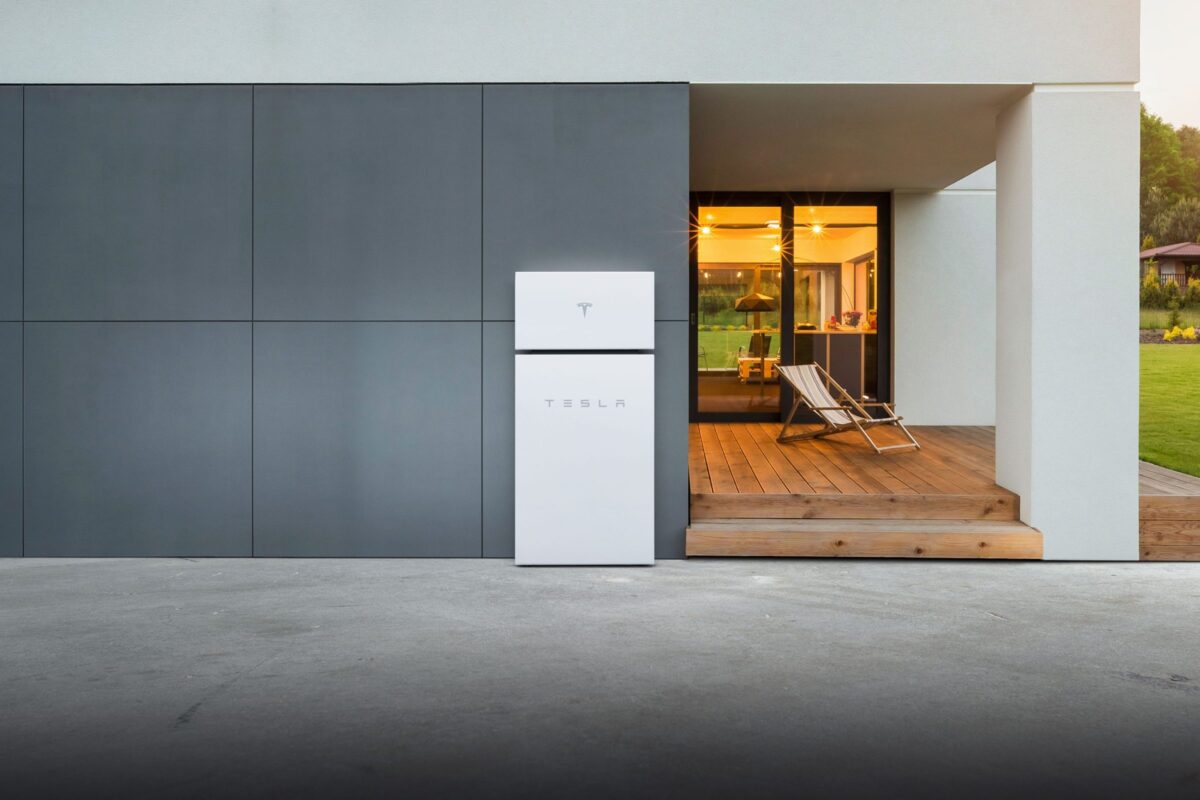It cannot be a surprise to anyone reading this that the 2019 budget proposal released yesterday by the Trump Administration contains severe cuts to renewable energy funding, while proposing to attempt to prop up failing coal technologies. If it is, then you must have slept through President Trump’s 2018 budget proposal.
Trump has asked Congress to approve a nearly 2/3 cut to the budget of the Department of Energy’s Office of Energy Efficiency and Renewable Energy (EERE) to only $696 million. Under Trump’s proposal, what is left of EERE would focus on early stage R&D in energy technologies, “including new approaches to energy storage beyond current battery technologies”.
Additionally, Trump would scrap the Advanced Research Projects Agency – Energy (ARPA-E) and its $305 million budget, as well as the Title 17 Loan Guarantee program. The latter would be less of a loss to renewable energy than the nuclear industry, as the current budget for nuclear projects under the program is far greater and the only projects to receive a Title 17 loan guarantee since 2012 are units three and four at the Vogtle nuclear power plant in Georgia.
In fact, even the Office of Nuclear Energy is not spared the ax, and DOE would cut the Nuclear Energy office 25% to $757 million, again focusing on early stage R&D.
In keeping with his administration’s distinctly 19th-century approach to energy, Trump would increasing funding the Fossil Energy R&D office by 19% to $502 million. The President’s budget request contains reference to the mythical “clean coal”, which may be a reference to carbon capture and storage technologies for coal, which so far have shown themselves to be technically challenging and prohibitively expensive. Or it may be another attempt by the Trump Administration to change the language used in the federal government to represent the interests of the fossil fuel industries.
Either way, Trump’s budget is merely one input in the federal budget process. If last year’s budget is any example, the president’s extreme requests are likely to be largely disregarded, even by his own party.
This content is protected by copyright and may not be reused. If you want to cooperate with us and would like to reuse some of our content, please contact: editors@pv-magazine.com.









By submitting this form you agree to pv magazine using your data for the purposes of publishing your comment.
Your personal data will only be disclosed or otherwise transmitted to third parties for the purposes of spam filtering or if this is necessary for technical maintenance of the website. Any other transfer to third parties will not take place unless this is justified on the basis of applicable data protection regulations or if pv magazine is legally obliged to do so.
You may revoke this consent at any time with effect for the future, in which case your personal data will be deleted immediately. Otherwise, your data will be deleted if pv magazine has processed your request or the purpose of data storage is fulfilled.
Further information on data privacy can be found in our Data Protection Policy.